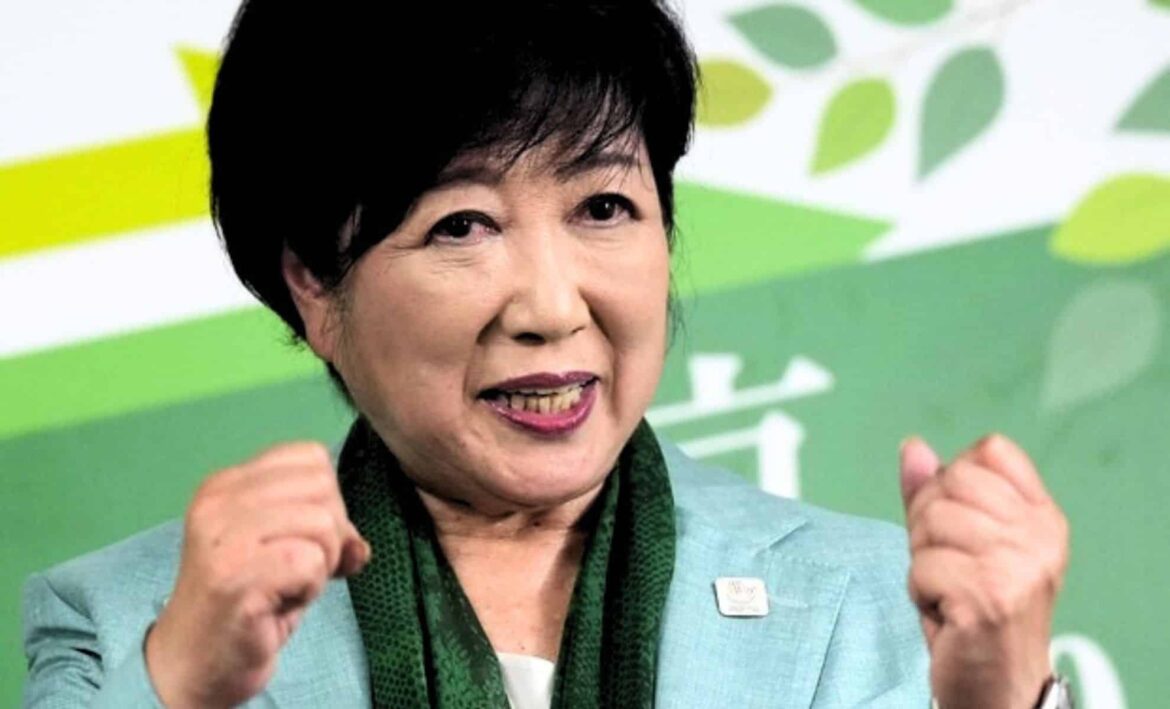The Tokyo Metropolitan Government will launch a four-day workweek starting in April 2025, a major policy shift designed to improve working conditions and promote gender equity in Japan’s capital.
Announced during a regular session of the Tokyo Metropolitan Assembly, the plan was introduced by Governor Yuriko Koike as part of a broader work-style reform.
The move reflects a growing trend among local governments in Japan to address the country’s long-standing labor shortage. Tokyo’s leadership sees flexible work arrangements as a vital step forward, especially to support women’s participation in the workforce.
Rethinking the Rhythm of Work
In her address, Governor Koike emphasized that introducing a shortened workweek is not just about convenience but about transforming how the city functions as an employer. By shifting public sector employees to a four-day schedule, the government hopes to demonstrate that alternative work models are viable and effective.
This initiative also aligns with broader efforts to combat the country’s aging population and shrinking workforce. With more women balancing family responsibilities, particularly childcare, the government believes that flexibility can help remove barriers that have historically excluded women from full economic participation.
“We will continue to review work styles flexibly to ensure that women do not have to sacrifice their careers due to life events such as childbirth or child-rearing,” she said.
Leading by Example in the Public Sector
The policy is set to affect public offices and municipal employees, but its implications extend far beyond the public sector. Tokyo is aiming to set a national precedent, hoping that private employers will observe and eventually replicate the model.
Koike’s message underlined the necessity of reform, pointing to the need for a working culture that reflects the realities of modern life. She framed the four-day workweek as a structural response to societal changes, particularly the growing demand for work-life balance among younger generations and working parents.
A Signal of Deeper Change in Japan’s Work Culture
While the article did not specify exact implementation details, the announcement alone signals a significant cultural and policy shift. Long known for its rigid and high-intensity work culture, Japan has struggled to adapt to contemporary labor trends. Tokyo’s move suggests a break from tradition, possibly encouraging other prefectures to explore similar reforms.
By anchoring its message in gender empowerment and labor sustainability, Tokyo positions itself at the forefront of a quiet but growing movement in Japan—one that could redefine how an entire nation thinks about work.


AloJapan.com